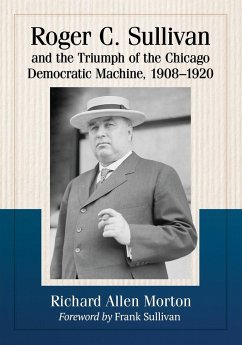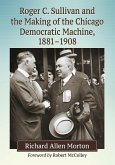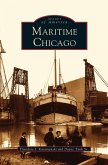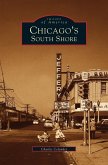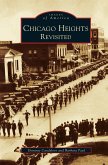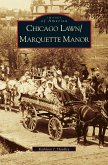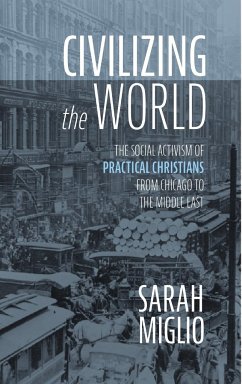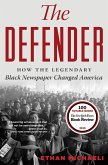Between 1908 and 1920, Roger C. Sullivan and his political allies consolidated their control of the Chicago and Illinois Democratic parties, creating the enduring structure known as the ""Chicago Democratic machine."" Not a personal faction nor tied to any cause, it was a coalition of professional political operatives employing business principles to achieve legal profit and advantage. Sullivan was its chief organizer and first ""boss,"" rising to primacy after many political battles--with William Jennings Bryan, among others--and went on to become a kingmaker who helped Woodrow Wilson win the presidency. By the time of his death, Sullivan was widely respected, his achievements recognized even by those who deplored his politics. Based upon new research, this first comprehensive study of Sullivan and the early days of the Chicago ""machine"" focuses on the daily realities of the city's politics and the personalities who shaped them.

